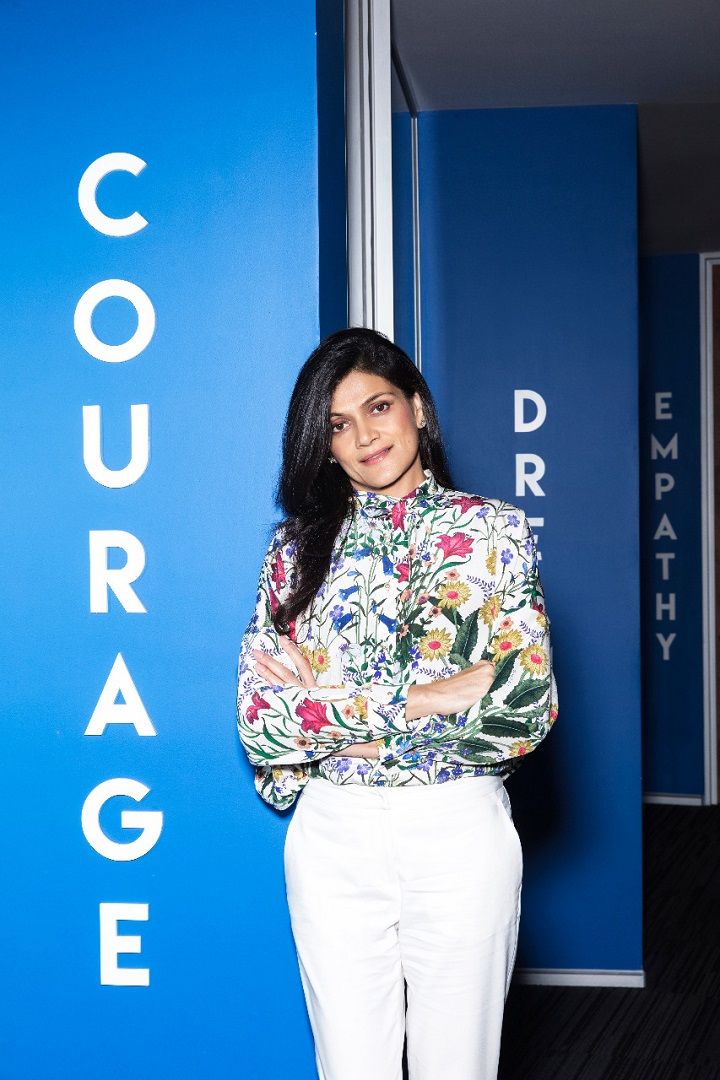Today, we are starting to see a huge rise in the number of people who are suffering issues that pertain to mental health. What is even more alarming, is the rate of suicides among millennials. Yet somehow, we find that there is a lack of safe spaces where people can talk about these things. This is an issue that needs to be tackled head-on as the numbers are only on a rise. To get a better understanding, we spoke to Neerja Birla, Founder and Chairperson of Mpower, which is an organisation that deals with these issues. Here is what she had to say.
The illusion of a perfect life.
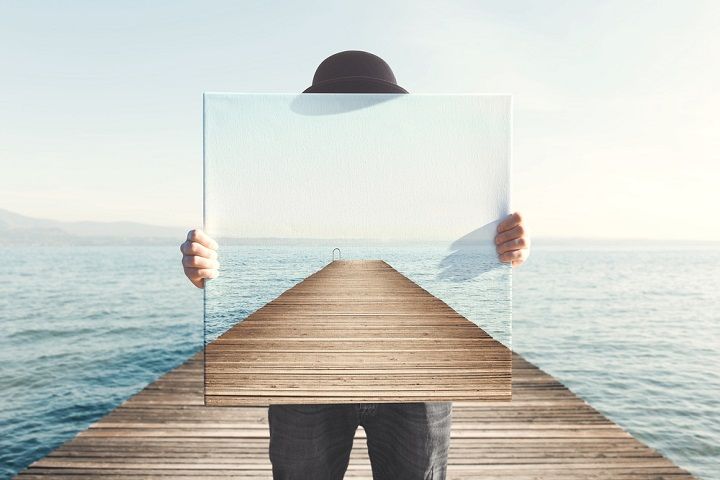
I’m heartbroken to hear about the suicide of the young fashion blogger recently. As a mother and an educator, I’m blessed to be able to work closely with so many young girls, and news like this reminds me of the incredibly long road ahead of us when it comes to preventing such tragedies. I’m sure that for most of us, the first reaction to news like this is surprising. We think to ourselves—her life seemed perfectly fine, she didn’t seem distressed and she seemed to be doing so well at her work. The key word here is, seemed. Young people, especially content creators and influencers, live with the incredible pressure to portray the illusion of a perfect life. When their friends and followers look at their happy, funny, or even glamorous social feeds, the last thought on their minds would be that this person may be having a difficult time, or that she too is a normal human being dealing with complex emotions.
Can It Happen To Anyone? Are there any signs?

Of course! People who’re already dealing with mental health concerns like depression, anxiety, or addiction are at a greater risk for suicide. That being said, it can happen to seemingly happy people around us too. Most of us don’t talk about or deal with the emotional stress caused by traumatic life incidents, pressures at work or in our personal lives and it is this very isolation that causes the stressors to build up to a point where all hope seems lost. Sometimes there are obvious warning signs—if a person feels hopeless about the future, or feels intense self-loathing, shame, guilt, or even talks repeatedly about being better off dead, etc. There are many forums, like Youth Mental Health First Aid, where you can educate yourself about how to talk to someone who may be feeling suicidal, and how best to help them. But like in this case, not everyone may show any signs of being suicidal.
So how do we help someone who we may not even know is at risk?
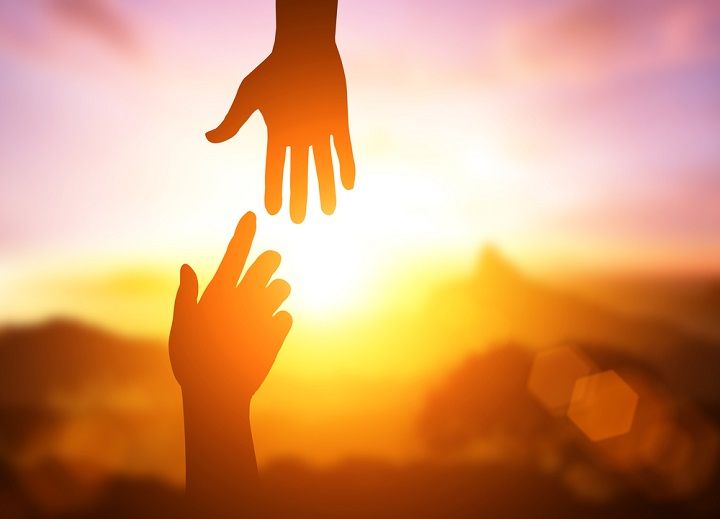
We all need to come together! We need to use our platforms to create a culture of acceptance and support so that we can normalize conversations about mental health. We need to be able to have conversations about mental health and stressors with our friends or colleagues as well. The goal is to reach a place where it is normal for us to talk to our friends and loved ones about the emotional traumas we go through, and to understand without judgement, that it is okay to not have a perfect life or to not be perfectly happy all the time. This way, we can try to prevent the escalation of a person’s state of mind to so bad a place that they can see no way out.
What is the Youth Mental Health First Aid programme?
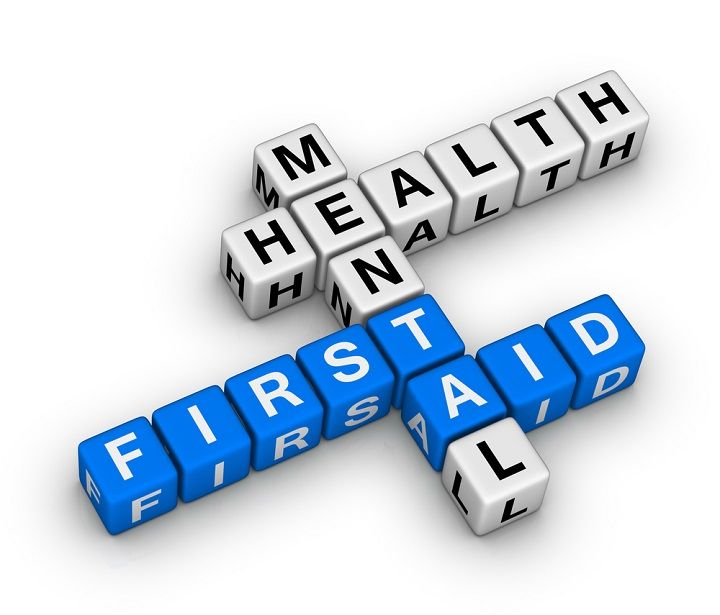
Mental health first aid is the help provided to a person developing a mental health problem, experiencing a worsening of an existing mental health problem, or in a mental health crisis. Through an MHFA training, individuals are trained to be a mental health first aider. This is in order to be the first line of care, and provide the help a person in a vulnerable situation may need. MHFA training follows the successful model of conventional first aid. The difference being that this is for mental health.
Who is this programme for?
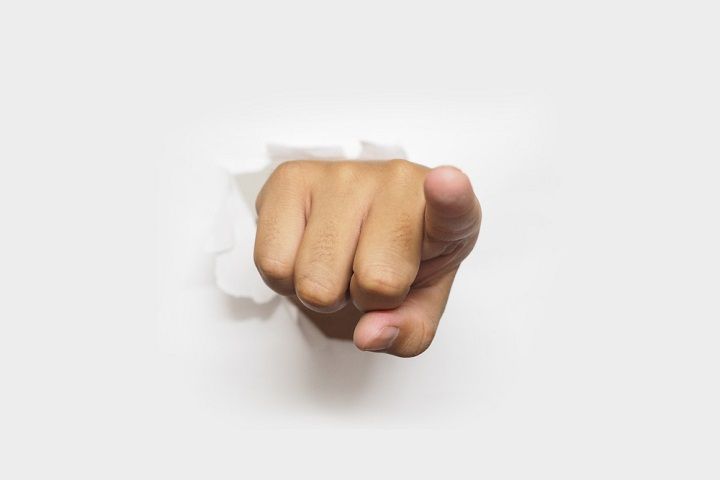
The Youth Mental Health First Aid programme tailor-made to give an understanding of mental health problems in individuals between the ages of 12 to 25. The program is useful for anyone working closely with young people on a regular basis, like educators, teachers, parents & other primary caregivers. It gives first aiders a basic understanding of common mental health concerns like depression, anxiety, eating disorders, substance abuse and psychosis. It helps in providing first aid for crisis situations involving suicide, self-harm, traumatic events, aggressive substance induced emergencies, and severe psychotic states.
We all need to start being aware of others around us and we all need to start encouraging the conversation about mental health because. It could be all that you need to help save someone’s life. We’d like to thank Neerja Birla for taking the time to talk to us about this and if you’re interested to know more about YMHFA, you can write to info@mpowerminds.com.

